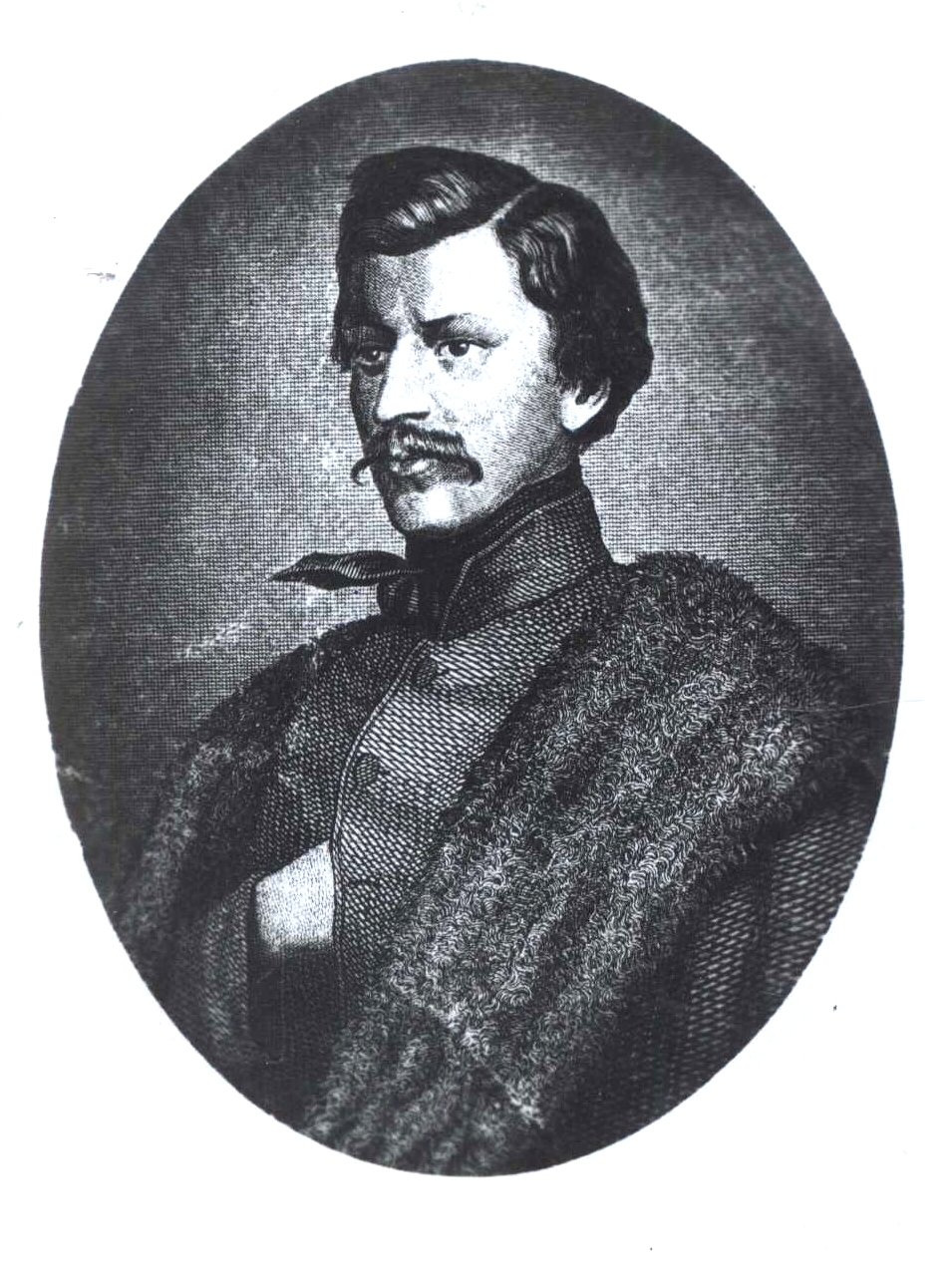Prelude to Mohacs – Arrival of the Bohemian Armies – Buda
Fact of the Hungarian figure „The vast cemetery of our national greatness” – The Battle of Mohács”
Part of the „The myth of national disaster” topic
As the Kingdom of Hungary faced the overwhelming threat of the Ottoman Empire in 1526, it did not stand entirely alone. King Louis II, who also held the title of King of Bohemia, sought to unite his realms in defense against the advancing forces of Sultan Suleiman the Magnificent. Despite the wealth generated from the silver mines at Kuttenberg, Louis’s position in Bohemia was fraught with challenges. His residence in Buda, rather than Prague, and his limited estates within Bohemia weakened his authority there. This situation was further complicated by the political tension between Catholic aristocrats, led by Zdeněk Lev z Rožmitál, and Utraquist nobles under Chancellor Henry of Rosenberg.
In 1523, Louis traveled to Prague to persuade the Czech Estates of the urgent need to support Hungary against the Ottoman threat. Despite the internal opposition, he was successful in securing both financial and military support. Four Bohemian armies were eventually dispatched to Hungary to counter the Ottoman advance. However, the coordination and timing of these forces proved problematic. The army of Zdeněk Lev z Rožmitál was delayed, and the troops led by Adam Hradec, following the death of Henry of Rosenberg, only reached Győr by the time the battle took place. Meanwhile, mercenaries from the Catholic cities marched near Székesfehérvár, but they did not participate in the battle.
At Mohács, only a fraction of the promised Bohemian forces—Louis’s Czech bodyguard and mercenaries from various royalist cities—joined the Hungarian troops. The fragmented and delayed arrival of the Bohemian armies highlighted the challenges of uniting Central European forces against the Ottoman threat. This disunity and lack of effective coordination contributed to the catastrophic defeat at Mohács, often referred to as „the vast cemetery of our national greatness.”
The failure to bring together the full might of Bohemia and Hungary against the Ottomans not only led to the fall of Hungary but also reshaped the power dynamics in Central Europe. The Battle of Mohács became a tragic turning point, underscoring the vulnerabilities of the region and paving the way for Habsburg dominance in the aftermath. The memory of Mohács remains a poignant reminder of the consequences of disunity and the enduring impact of this battle on the history of Central Europe.





